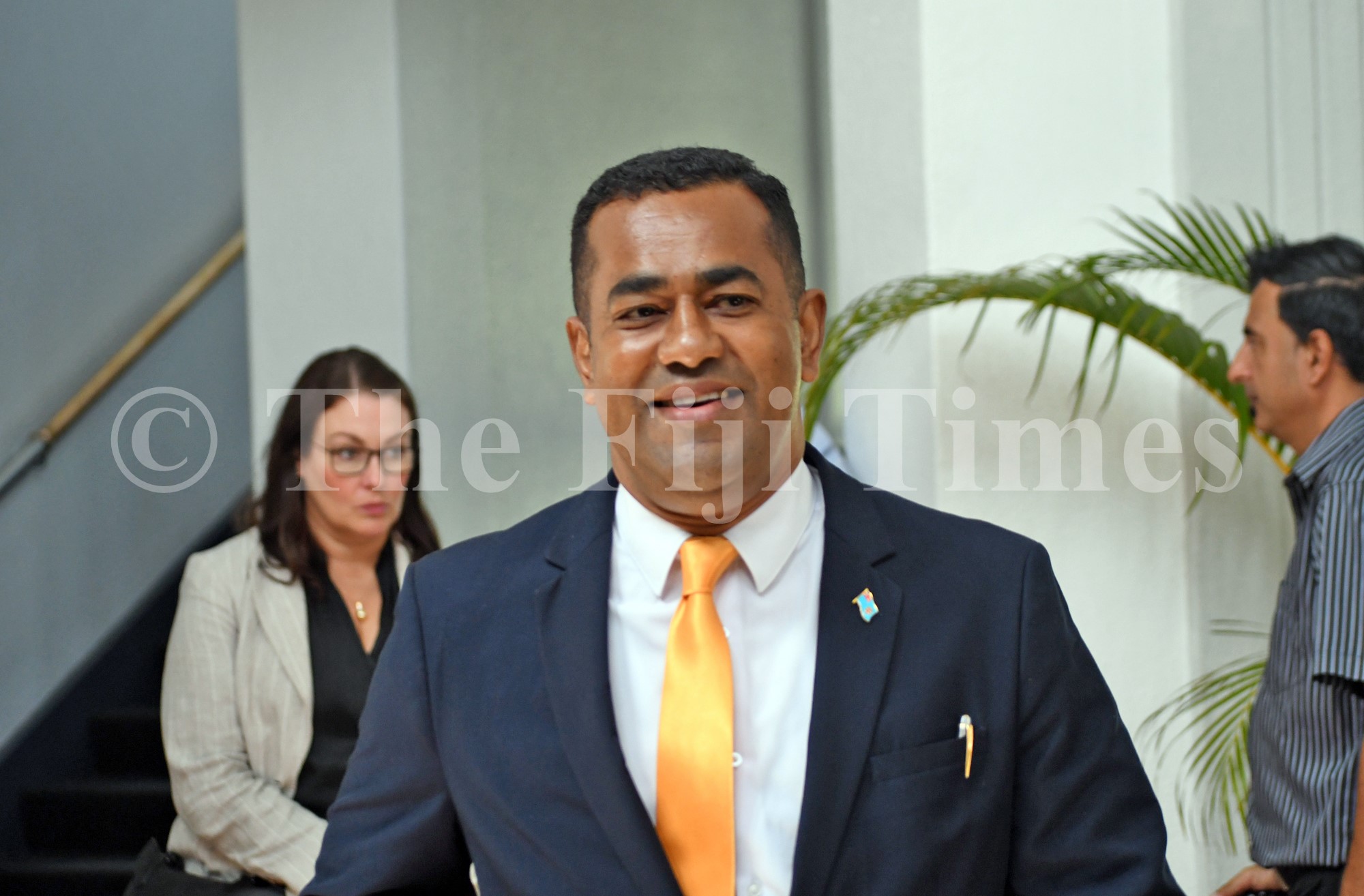Jocko Willink is a retired commander of the most highly decorated American special operations unit that served in the Iraq war.
In the 2006 Battle of Ramadi, Willink explains in his book ‘Leadership, Strategy and Tactics’ that one of the less glamorous ways his Navy SEALS excelled was their effective collaboration with the US Army and Marines.
He said effective cross-team collaboration came from subordinating your ego, which entails a degree of give-and-take with leaders of the other teams.
If their idea is satisfactory, he said, it was better to agree to it than quibble.
That will also make them more open to your own ideas. Are these lessons from the military tactics applicable to us educators?
Is competition between schools restricting collaboration? As a teacher, should I share my resources with colleagues or keep them to myself?
Is it competition or collaboration that is needed in this 21st century?
Competition at the macro level
Competition between schools is now an established feature of most education systems.
While this rivalry may be less pronounced in Fiji, around the Western world, however, a market-based approach to education has ensued greater competition between schools.
Inspired by the new right, this marketisation of education began in the 1980s that made schools compete with one another for government funding.
The better a school did the previous year, the more money a school receives the following year.
The overarching philosophy behind this approach was to drive up standards of schools where teachers would push students to get better results in order to attract funding.
Essentially, this made schools acting more like private businesses rather than institutions under the control of government.
Consequently, standardised testing and public examinations have become more than the pedagogical tools for which they were originally designed for.
Instead, the statistical information from these assessments have inevitably become the predominant sources of data to measure a school’s performance.
This also happens in Fiji where certain schools are still considered as elite schools.
As well, the annual school league tables in the UK, and academic ranking of schools in Australia and NZ have often become the first port of call for parents when choosing schools or simply judging how well schools in their area are doing.
In turn, most independent schools in particular compete among themselves to attract pupils. Education systems, however, are not immune from market failure.
Marketisation of education has not delivered the school improvement that it promised. Results from the international assessment – PISA continue to show that students in Australia, UK and US are falling behind in numeracy and literacy compared to the OECD average.
Instead, decades of school funding based on a competitive model have resulted in inefficient and inequitable distribution of public resources, creating a system of winners and losers.
Top performing independent schools consistently attracted top students and a bigger chunk of government funding, and that too on top of the exorbitant fees that these private schools charged the parents.
Competition between schools have also created tension between them.
They have become more isolated and, as a 2014 report in the UK noted, this ‘could be detrimental to the system as a whole if this were to prevent teachers and schools sharing ideas’.
Governments are determined to address the disparity is school funding caused as a direct result of competition.
Some countries like Australia have shifted towards a ‘needs-based’ funding model, which the Gonski Report first recommended in 2010.
Indeed, policymakers are now making a concerted effort towards a framework for school improvement that involves collaboration, the same tactic found successful with the military.
Competition at the micro level
It is human nature to compete. Competition exists in this world. You are competing with others for the best job. If you run your own business, you are competing for customers or clients. Competition evokes new concept, new ideas, and new ways to make life better for the human race.
Nevertheless, do we need competition within a community of educators? Even if the reason for competitiveness is to benefi t children, is competition between teachers necessary and especially in a small country like Fiji?
When teachers compete, no one wins.
Competition means there will be winners and losers. That is fine in sports. It is even fine in most goods and services. There is not so much at stake.
If I go to a bad hairdresser, I get a bad haircut. Next time, I go somewhere else. However, if I get a bad education, I am done! Schools are not designed from the outset to crash and burn.
There is a danger that toxic team of educators can develop due to paranoia, fear or frustration.
Some of our most brilliant teachers have spitefully refused to help each other or collaborate because of perceived slights, rumours, and personal judgments.
They jealously guard their best lessons and strategies, convinced that their colleagues do not deserve to benefi t from them.
When teachers compete, we suffer from a lack of support for each other. We lose the respect of our administrators who grapple with much larger issues.
We disappoint the parents and community members who expect professionalism from their children’s teachers.
Worst of all, our students are deprived of a cohesive learning environment where high expectations are the norm (Allen, 2015).
In Fiji, to counter the negativities associated with competition, the digital platform www.myteachersfiji.com was established. It is an open source platform, designed by teachers for teachers to collaborate and share ideas.
Competition in education, unless healthy, has been detrimental at both macro and micro levels.
It is unnecessary between teachers, but as the ex commander of the Navy SEALS reminds us, successful collaboration comes from subordinating your ego.
Finally, the words of the 17th century poet, John Donne still resonates today: ‘No man is an island entire of itself, every man is a piece of the continent, a part of the main’.
His poem expresses the idea that human beings do badly when isolated from others and need to be part of a community in order to survive.
- NAVNEET SHARMA is the curriculum leader at Myteachersfiji. The views expressed are his and not necessarily shared by this newspaper.





